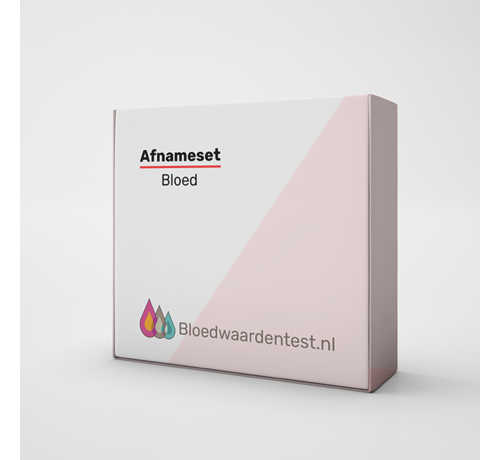Legionella legionnaire's disease
Legionella species IgG and IgM from serum (code LEGSPG and LEGSPM)
Legionella blood test for a suspected recent Legionella pneumophila IgM infection and check for an old Legionella pneumophila IgG infection.
Legionella is a bacterium that can cause severe pneumonia. This pneumonia is also known as "Legionnaires' disease. The most ideal environment for the legionella bacteria is stagnant water that has a temperature between 25 and 50 degrees Celsius.
Most people don't get sick when they inhale the legionella bacteria. If symptoms develop, it usually happens within two to ten days after the bacteria are inhaled. Some people get mild, flu-like symptoms. This goes away on its own after a few days. Very occasionally the legionella bacterium causes severe pneumonia. This is also called Legionnaires' disease or Legionella pneumonia. This pneumonia can be so severe that it can kill people. There is no vaccine against legionella bacteria; however, treatment with antibiotics is possible.
People who are more likely to develop severe pneumonia are the elderly, those in poor health or with reduced immunity, and smokers.
Pneumonia caused by Legionella almost never occurs in people younger than 40 years of age.





